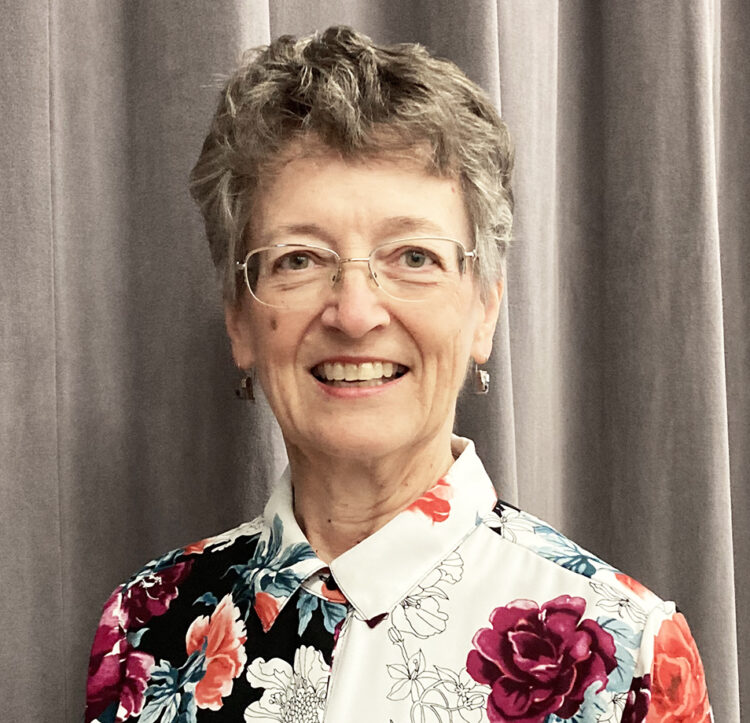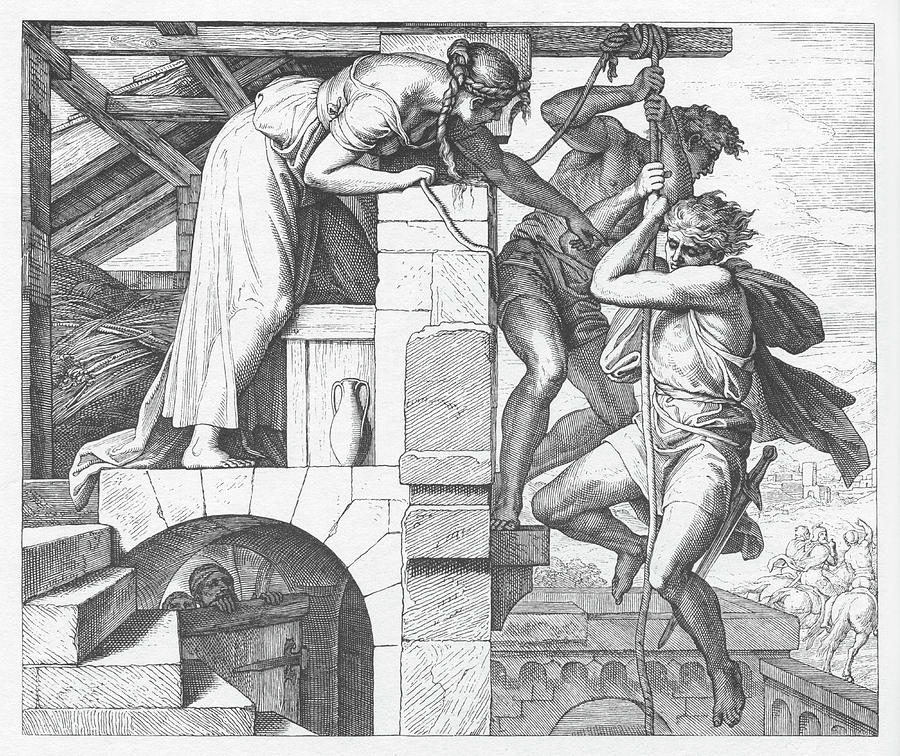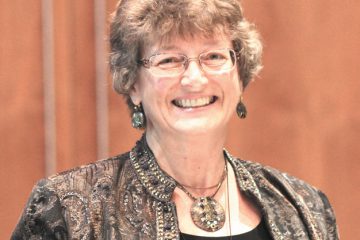The varnished truth

Sacred Speech Series
Jewish Family Education with Candace R. Kwiatek, The Dayton Jewish Observer
While preparing to enter the Promised Land, Joshua sent two spies to reconnoiter the great walled city of Jericho, where they found lodging with the prostitute Rahab.
However, they had been reported as Israelite spies to the king, who dispatched royal officials to demand their surrender.
When the officials arrived, Rahab claimed that two unfamiliar men had indeed come by, but they left before the city gate closed and could probably be easily overtaken if the officers hurried.
Once the king’s men were gone, Rahab lowered the spies by rope outside the city wall to make their escape. Because of her heroic rescue, Rahab and all her extended family were spared during the Israelite conquest.
“There are 365 negative commandments in the Torah, a laundry list of forbidden attractions,” Rabbi Elisha Greenbaum notes.
But among all the definitive “you shall nots” is a singular and somewhat ambiguous directive to “distance yourself from falsehood.”
The traditional explanation of this mandate is to avoid any semblance of false speech and eschew all circumstances that might invite it, a perspective reinforced by wide-ranging Jewish texts.
However, truth in all circumstances is not the final word in Judaism.

The Parable of Kushta (Truth). The great Babylonian scholar Rava said he used to think there is no truth in the world.
But there was one sage who told him that, even if given all the treasures of the world, he would not deviate from speaking the truth.
The sage then recounted the following story: “I once went to a place called Kushta, where the people did not lie and no one ever died before their time. I married there and had two sons. One day my wife was busy washing her hair when a neighbor came and knocked at the door. Thinking it improper to reveal my wife’s private activity, I said to the visitor, ‘She is not here.’ Shortly thereafter my two sons died. When the people of the town learned what had happened, they begged me, ‘Leave our town, and do not incite death against us.’”
In the mythical city of Kushta, truth is absolute and every degree of falsehood, regardless of the reason, leads to dire consequences.
But what about in the earthly realm? Could the ambiguous command “distance yourself from falsehood” emphasize foremost the obligation to strive for truth and also allow for varnishing the truth?
Judaism acknowledges there are circumstances when it is permissible or even commendable to alter the truth, a leniency permitted only within strict guardrails.
It cannot negatively affect anyone else or lead to personal gain. It may only be done when no other means are available and, even then, outright lying should be avoided by modifying the truth or telling a half-truth.
Habitually altering the truth is forbidden. And it may only be done to accomplish a more important Torah-defined value.
To protect from harm. Rahab’s falsehood saved others from harm, even death. Rabbi Joseph Telushkin recounts a comparable story about Dennis Prager. While in Morocco, Prager and his group of Jewish teens were attacked by a band of antisemitic Moroccans.
Fluent in French, Prager pointed to a nearby tree and improvised, “I am a friend of King Hassan. If anything happens to me, you will hang from that tree.” Thinking he was a diplomat, the attackers quickly dispersed, and no one was harmed.”
The situation needn’t be so extreme, however. Writer Mordechai Lewis offers the example that, when visiting the sick, it is permissible to make up a funny or fictional story, like how you got lost on the way to the hospital, to bring cheer and hasten healing.”
To prevent unnecessary hurt or embarrassment. When other people’s feelings are involved and only pain will come from speaking the truth, then the truth must be altered.
In the classic Talmudic example, Hillel taught that a bride is to be praised as beautiful and gracious, even if she isn’t particularly so.
The Talmud also relates a tale of two prominent rabbis traveling to Sikhra who happened to meet another renowned rabbi leaving that very city. Thinking the prominent men had come specially to greet him, the lone rabbi expressed his delight, but when told otherwise he became upset. In such a case, the Talmud concludes, it is not necessary to correct the mistake.
To preserve modesty and humility. The Hebrew word tzniut suggests both modesty and humility, a quiet ego that takes up its appropriate space while allowing space for others.
The Talmud tells of an incident in which many men clamored to marry a very beautiful, important woman. To dissuade them, she confessed that she was already betrothed.
Recognizing there was always more to learn, the sages of the Talmud would deliberately underplay their knowledge, saying they hadn’t studied a particular topic even if they had.
To pursue peace. Even God is said to have changed the truth to promote peace.
Overhearing the divine announcement that she would give birth to a son, Sarah laughed, saying, “Now that I’ve lost the ability, am I to have enjoyment — with my husband so old?”
However, God modified her words when speaking with Abraham: “Why did Sarah laugh, saying, ‘Shall I in truth bear a child, old as I am?’”
Similarly, Aaron the High Priest would tell falsehoods to each opponent among quarreling spouses or friends to encourage them to forgive each other.
“To the extent that a person lives with truth is the extent one identifies with God,” Rabbi Abraham Twerski wrote. “Any falsehood distances a person from God.”
Varnishing the truth may be permitted, but it should be limited and rare.
To read the complete April 2025 Dayton Jewish Observer, click here.


